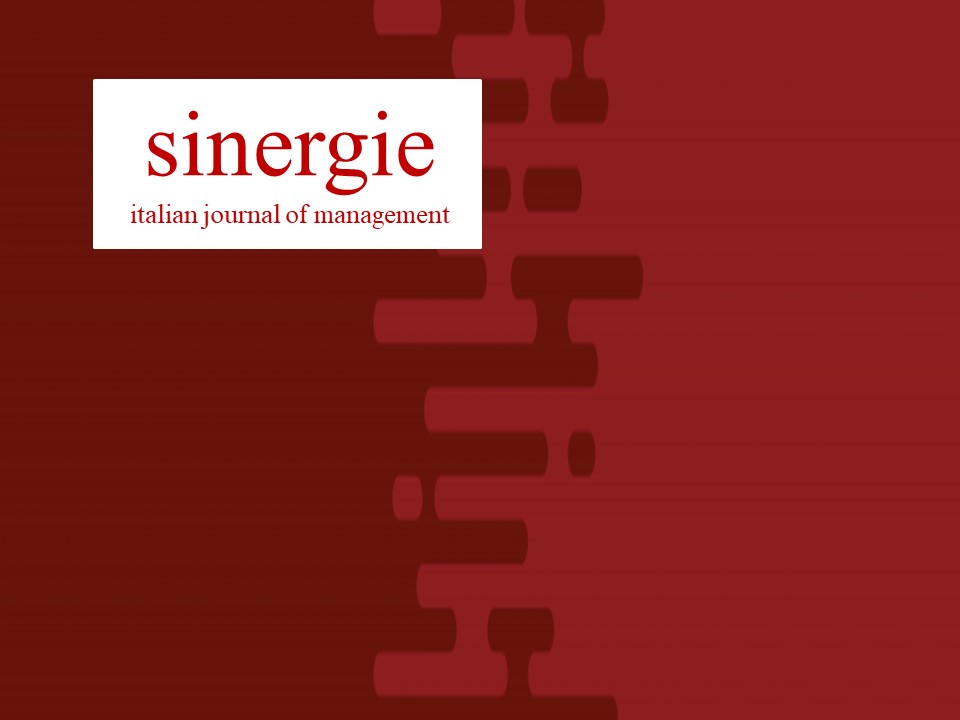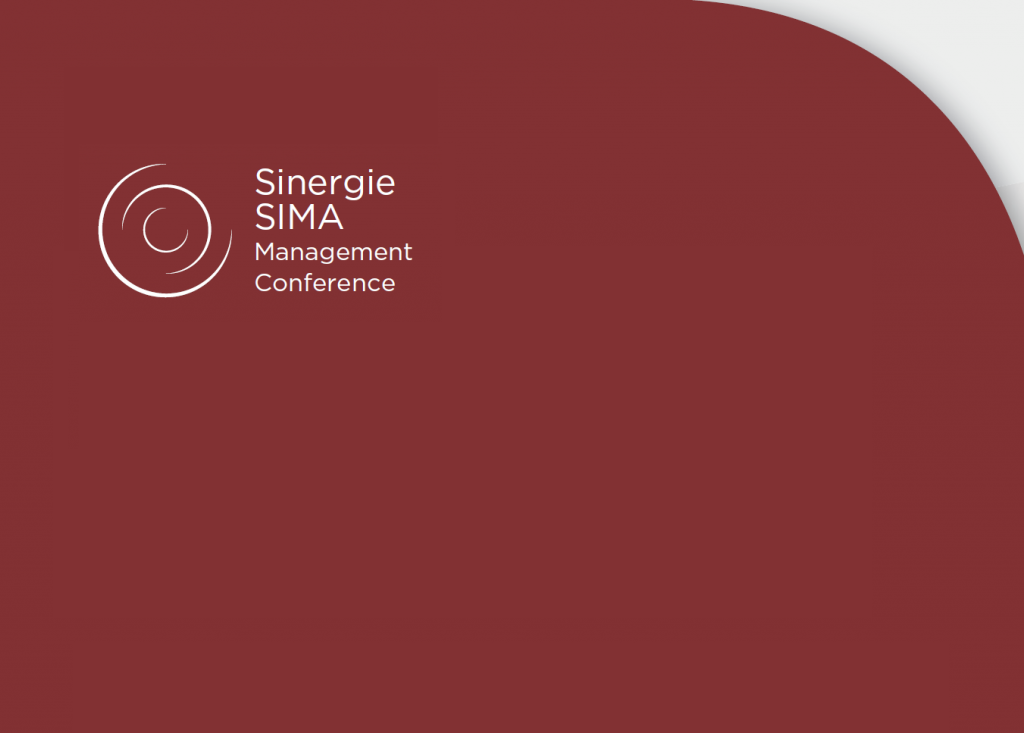Corporate governance e società della conoscenza tra teoria e prassi
In this work we redefine governance in a way that goes beyond the traditional separation between power and control in a multi-stakeholder model setting. Governance is defined as a sustainable/ecological process of power sharing and legitimacy acquisition both within and outside the company. Our major focus in this paper is on the sustainability of such a process. We argue that there are two major neg-entropic and self-organizing forces, which have found only little room in the current debate, and that, according to our perspective, change profoundly the way the problem of governance has been traditionally faced: knowledge and ethics. Considering these two main forces leads us to two major conclusions.
The first is that the sustainability of this ecological process of governance requires stakeholder sharing a common set of goals and values ex-ante rather than ex-post, when this value has been already defined.
The second is to explore the reflexive approach to redesign elements of meta-corporation that is capable to do both as sense making like sharing interests of stakeholder and management, or facing and manage multidimensional complexity of personal capitalism, peer production, emergent systems, extreme events, hyper extended networks. In a simple word a great or small network company able to building sustainable ecologies of value this is post-fordist process that is making emerge a meta-Corporation where management and shareholding cannot be simple technical functions, but it involves ever more self-motivation, collective intelligence and sharing identity.


